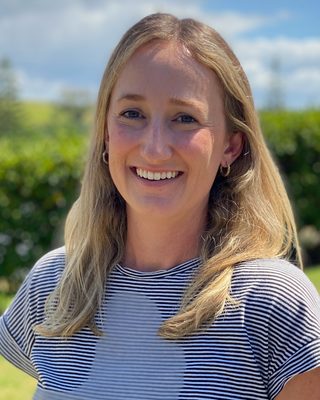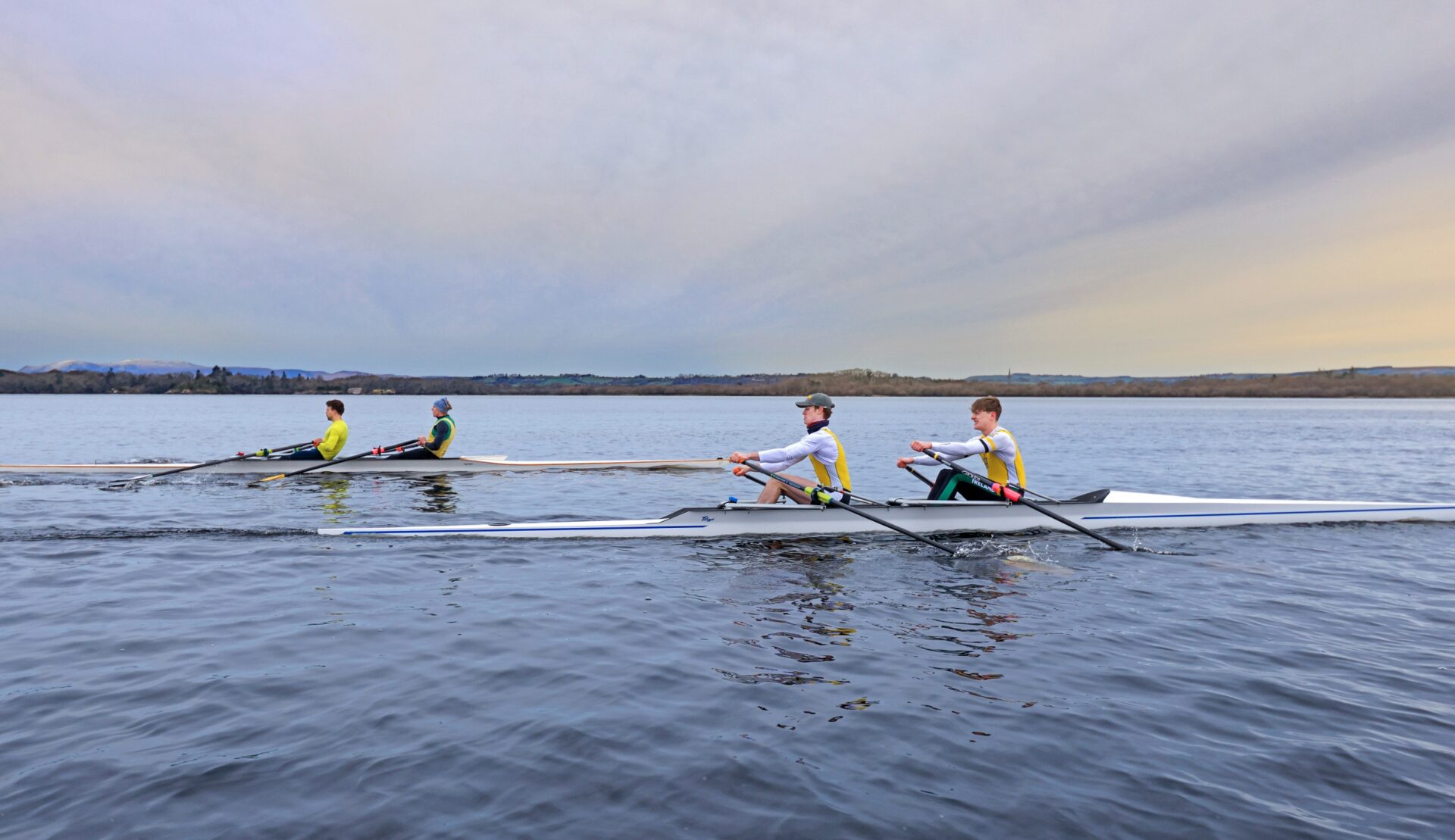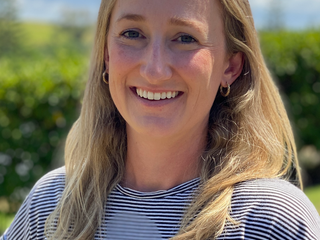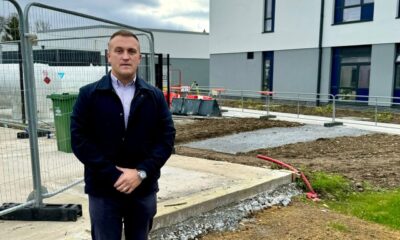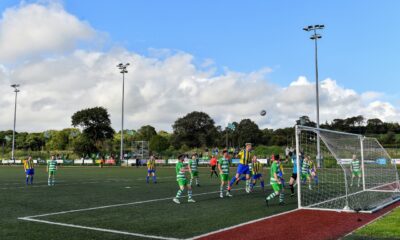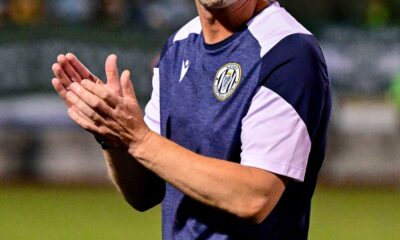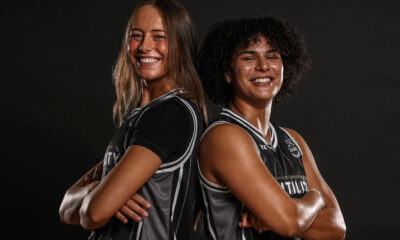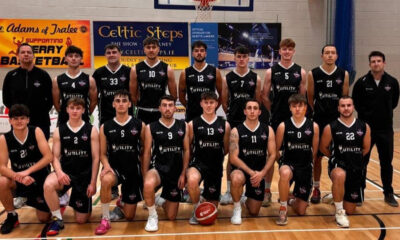News
Know Your Rights: Adapting a home for an older person or person with a disability

Q. I need to make some adaptions to my house as I am getting older and my mobility is not as good as it used to be. My spouse has a disability. How can I go about making the house more accessible and are there any financial supports to carry out this work?
A. Some common alterations that can help make your home more suitable for someone with a disability or limited mobility include:
* Widening doorways and passageways
* Moving light switches, door handles, doorbells and entry phones to convenient heights
* Installing grab rails for support
* Adapting bathroom facilities (for example, removing a bath and installing a level access shower)
* Moving bathroom or bedroom facilities to the ground floor
* Installing ramps to avoid using steps
* Ensuring that external approaches such as paths or drives have a firm, level surface
* Installing a stair-lift or through-floor lift
* Getting specialised furniture, like an adjustable bed or high-support chairs
* Installing alert devices for someone who is deaf or hard of hearing
Before making changes to your home you should consult an occupational therapist (OT) who will assess your daily living needs and advise on adaptations to your home. You can contact an OT through the community care section of your Local Health Office. Alternatively, you may want to hire an OT privately, as there can be a waiting list for the public OT service. The Association of Occupational Therapists of Ireland (AOTI) maintains a list of OTs in private practice, and if you get a grant for the adaptations you may be able to get back some of the costs of hiring the OT.
Other health professionals, such as public health nurses and physiotherapists, can also advise you on specialised equipment and home adaptations, based on both your short-term and long-term needs.
A Healthy Age Friendly Homes Coordinator can also provide information and advice on living independently, adapting your home or moving to a new home that is more suitable to your needs. Kerry County Council is one of the local authorities which is piloting this initiative.
If you need to add a structure or an extra room, you may need to apply for planning permission. Adapting your home may be expensive, particularly if structural change is involved. There are several ways to reduce the financial burden:
• You may be eligible for a means-tested Housing Adaptation Grant for People with a Disability. The maximum grant is €30,000.
• For smaller alterations, such as grab rails, exterior handrails or a stair-lift, the Mobility Aids Grant Scheme (also means-tested) provides a maximum grant of €6,000.
• The means tested Housing Aid for Older Persons Scheme is used to improve the condition of an older person's home. The type of work that is covered depends on your local authority and may include structural repairs, re-wiring and upgrades to heating systems. For information on what is covered in your area, contact Kerry County Council
• You may qualify for a local authority home improvement loan to improve, repair or extend your home.
• If you have a medical card or a long-term illness card, you may be entitled to get essential items of equipment free of charge. First, you must be assessed by a relevant professional, such as an occupational therapist or a physiotherapist.
• If you are paying for equipment needed for someone with a disability, you may be able to claim a VAT refund.
• Depending on the work being done, you may be eligible for the Better Energy Warmer Homes Scheme or the Better Energy Homes Scheme.
Know Your Rights has been compiled by Citizens Information Kerry which provides a free and confidential service to the public.
If you need further information about any of the issues raised here or you have other questions, you can call a member of the local Citizens Information Service in Kerry on 0761 07 7860. They will be happy to assist you and if necessary arrange an appointment for you.
The offices are staffed from Monday to Friday from 10am to 4pm. Alternatively you can email on tralee@citinfo.ie or log on to www.citizensinformation.ie for further information.

